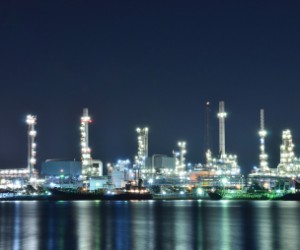For the year ahead Ernst & Young’s prediction is that such oil-related transactions will continue to increase.
The 2013 World Economic Situation and Prospects (WESP) report produced by, among others, the United Nations Department of Social and Economic Affairs (UNDESA) and the United Nations Conference for Trade and Development (UNCTAD), predicts that, during the year 2013, Africa will achieve significantly stronger economic growth than the global average.
However, earlier this year at the launch of the WESP in Addis Ababa, Ethiopia, Mr Adam Eliraika, head of the Macro Economic Analysis Section of the United Nations Economic Commission for Africa (UNECA), stated that “[b]ig companies from industrialised countries are extracting mineral resources from Africa but their activities don’t have any linkage to domestic economies”.
As far as the exploitation of Africa’s hydrocarbon resources is concerned, WESP states that the “enormous revenues from oil have not measurably boosted per capita income in many countries”.
Using Nigeria as an example WESP points out that, over the course of the past three decades, Nigeria has exported $700 billion (R6.2 trillion) in oil but its per capita income was only just above the African average. According to WESP, such information is indicative of “either severe mismanagement of the revenue or significant concentration of the oil wealth”.
Bearing this statement in mind, the fact that so much of Africa’s oil wealth fails to result in truly significant social upliftment is a problem that has only in recent years confronted a significant number of African countries that are new to the oil and gas industry.










